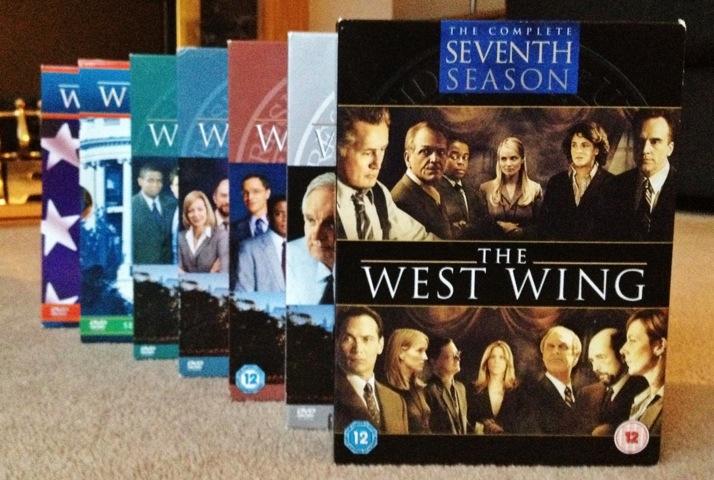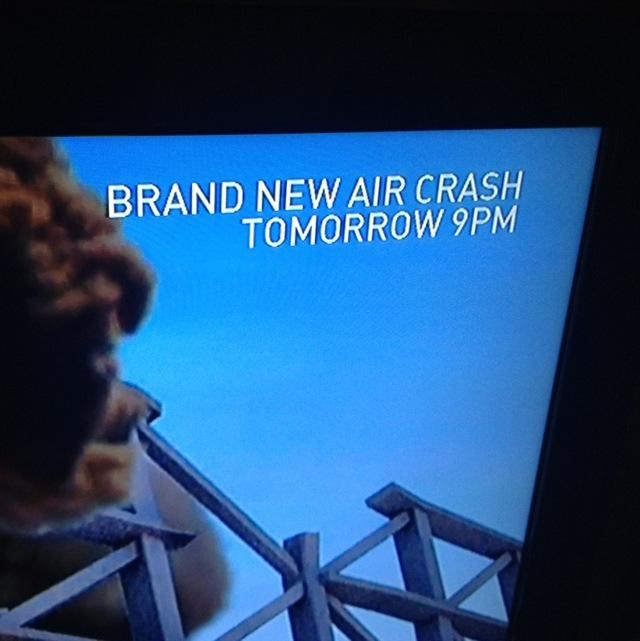I predict that the BBC is about to enter one of the most turbulent periods in its history – and I’m not certain whether it will come out the other side in a recognisable form. The next decade may well be the one in which the licence fee becomes unsustainable.
I desperately hope this doesn’t happen. I think the Beeb is the world’s greatest broadcaster, and one of Britain’s most awesome institutions. Yet the signs are there, and I think the Beeb needs to sit up ad notice them.
The BBC’s raison d’être has always been to “inform, educate, and entertain” – and, as successive Directors General have been keen to point out – that order of priorities is crucial. In recent years, the BBC has faced real challenges with the latter two of these, but it’s about to be shaken by an impossible threat to the first.
It’s mission to “entertain” has been threatened in recent years by the approximately decennial shifts between ITV and the BBC in dominance of Saturday night TV: the last decade of Pop Idol, X Factor, I’m a Celebrity and the Talent franchise has been ITV’s. The BBC has also had real difficulty catching up with commercial operators in its engagement of young adults. And the Brand-Ross affair caused stifling restriction to creativity at the hands of “compliance”. But by and large, it seems to be finding its feet, and learning to walk through he entertainment genre again.
The aim to “educate” has been challenged by the ludicrous QueenGate scandal, where non-broadcast footage of the Queen was edited out of sequence. The BBC’s massive over-reaction probably harmed its trustworthy reputation. And the exile of almost all high-brow factual programming to the digital diaspora of BBC Four made for an excellent channel, but also for frequent accusations of dumbing-down elsewhere. And getting Jeremy flipping Vine to “host” Panorama was unforgivable – though I suspect that’s more a personal bugbear than a threat to the corporation’s future existence.
The most significant threat to the BBC has always been any threat to its news output. If it can’t reliably “inform”, then it has no core purpose. And, I think, it’s this aspect of the BBC’s purpose that is about to be shaken to its core.
The Times has declared itself many times (even, laughably, recently) to be “the newspaper of record”, and – to borrow the expression – the BBC’s news bulletins have always been the broadcast bulletins of record. The lead story on the Nine or Ten O’Clock News has always been, by definition, the “big story”. Alistair Campbell obsessed over the Labour Party’s position in the running order because he knew that closeness to the top guaranteed closeness to the top of everyone else’s running order. The BBC’s bulletins have, for many years, been the arbiter of importance in this country’s news cycle. And it is this that is under threat.
I think it was Tim Cook, though it could easily have been someone else, who described the notifications centre in. iOS 5 as compiling “your life’s breaking news”. And that is the crux of the problem. The democratisation of the media, brought about by social media as much as anything else, means we all have a “top story” now.
The BBC is forever being criticised on Twitter for not covering some story or other in huge detail – be it famines (East Africa), protests (block the bridge), or reforms (NHS). People are passionate about their pet topics, and want to see the BBC leading on them. The positive reinforcement from similarly interested people on social media reinforces individuals’ perceptions of the popularity and importance of the cause: “Everyone in my Twitter feed supports x, yet it hasn’t been on BBC News”. Folk also tend to read websites and subscribe to RSS feeds that share their own views and agenda, further reinforcing their own belief of the importance of the story. But, of course, the range of stories believed to be important across all individuals is huge.
The BBC’s traditional hierarchy of the importance of stories no longer applies to the majority of viewers. People begin to believe that the BBC is ignoring their interests, perhaps because it is biased. In fact, the interest is a small minority one, thought to be a larger one only because the individuals is surrounded by factors which positively reinforce that view.
The problem is exacerbated by BBC funding cuts, which mean that the number of stories which get any coverage at all is reduced.
Yet the BBC’s news starts to seem irrelevant, or even biased against every individual’s views. “Why cover Liam Fox / Steve Jobs / Nick Clegg, when he’s just one man? The BBC should be leading on NHS Reform / Block the Bridge / Famine / General Strike / Pensions / Finance because that affects us all, everyone’s interested in it, and it’s a really important story.”
Recently, I’ve been following NHS reform with particular interest, and felt this effect myself. There was little coverage of the Lord’s vote on the NHS reform bill, but my Twitter feed and selected websites had been covering events minute-by-minute. To me, the story seemed earth-shatteringly huge, and I had difficulty understanding why the BBC was effectively ignoring this massively important story. Except, in the grand scheme of things, it was essentially a procedural Lords discussion about a Bill progressing through Parliament. There was a popular campaign to block it which never had the scent of success, and by the end of the day, we knew little that we didn’t know at the start. Yet to me, this story remained huge, and the BBC’s lack of coverage felt disenfranchising.
As more people embrace social media, and as news sources fragment into finer and finer grain communities, the gap between the stories the BBC’s website and flagship bulletins see as important and the stories we as individuals see as important will turn from a crack into a gulf. People will question the purpose of the BBC, and struggle to see its importance. “If the BBC can’t even cover x properly, then what’s the point?”
If trust in the BBC’s news is eroded like this, then it’s unique funding stream becomes increasingly difficult to defend – especially in recessionary times. And in a decade which looks certain to be dominated by the Tories, who is going to stick up for it politically?
For the BBC to survive, it needs to change its news output. A homepage which “learns” about your interests and prioritises its news hierarchy appropriately might be the beginnings of a start. But how the BBC can possibly reflect the conflicting priorities of millions of people in a meaningful way against a shrinking budget is beyond me – and that’s why I fear for its future.

